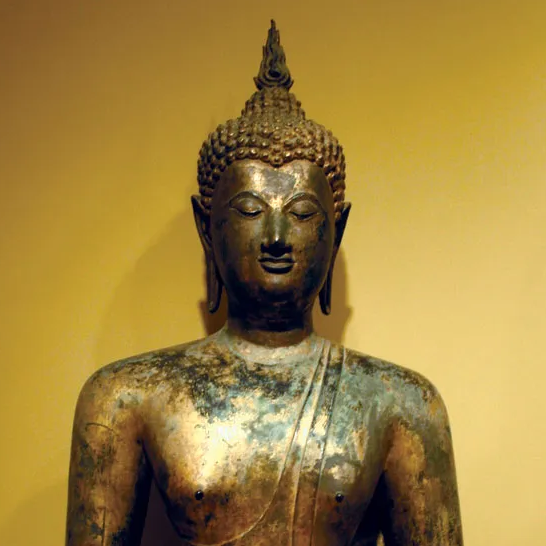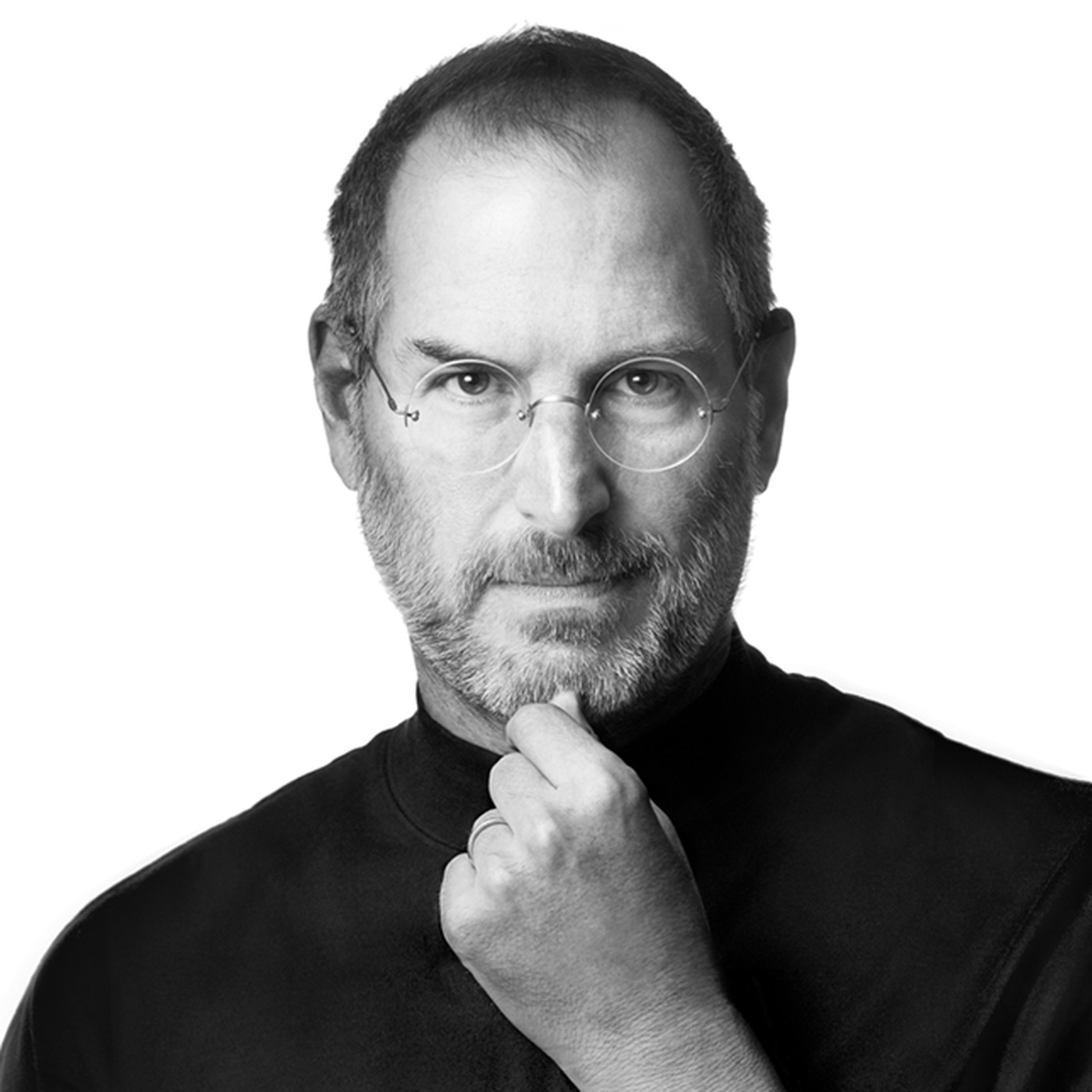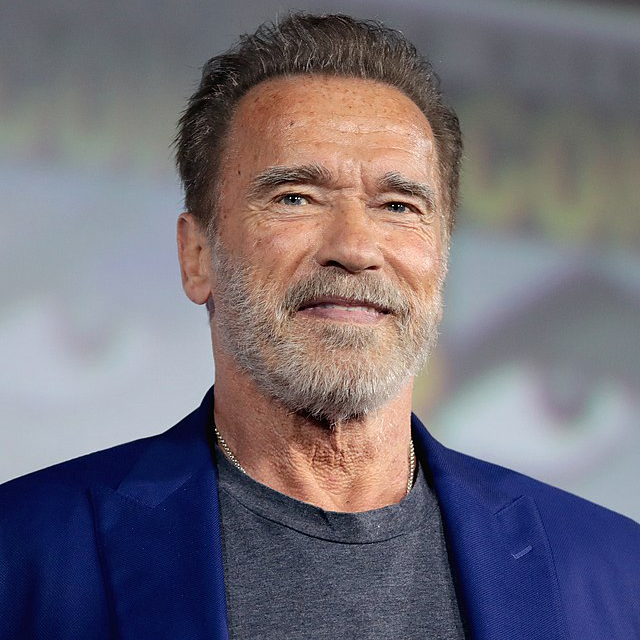Imagine waking up every morning with the serenity of Buddha, the vision of Steve Jobs, and the grit of Arnold Schwarzenegger. It sounds like a superhero origin story, doesn’t it? But here’s the plot twist: you already have the potential to harness that power. It’s called self-awareness, and it’s the secret sauce to understanding yourself and owning your path to success!
Self-awareness is like your mental GPS. It helps you navigate life’s winding roads, avoid emotional potholes, and recalibrate when you veer off course. Without it, you’re like a driver lost in the fog. With it, you’re a Formula 1 champion speeding toward your dreams.
From Gautama Buddha’s spiritual awakening to Steve Jobs’ groundbreaking creativity and Arnold Schwarzenegger’s fearless reinvention, self-awareness is the common thread connecting greatness across centuries. Let’s continue #letsskillit series by diving into its origins, psychology, neuroscience, and practical applications. You're ready? Let's go!
Self-awareness is like your mental GPS.
Quest to Know Thyself: A Journey Through Time
Philosophical Beginnings
Self-awareness isn’t a buzzword born in boardrooms or self-help seminars. It’s as ancient as civilisation itself. In ancient Greece, the phrase “Know Thyself” was carved into the Temple of Apollo at Delphi, a reminder that introspection was key to wisdom and virtue. Socrates, the father of philosophy, declared, “The unexamined life is not worth living.” For the Greeks, self-awareness wasn’t just personal, it was a moral and societal duty.

But self-awareness wasn’t about naval-gazing. The Greeks used it to understand their roles in society, to live virtuously, and to connect with the divine. Their message? Look inward to understand your place in the cosmos.
Buddha’s Revolutionary Approach
In 500 BCE India, Gautama Buddha was asking deeper questions. Born a prince, Buddha had everything: wealth, luxury, and a gilded future. But he left it all behind to understand the root of suffering.
Under the Bodhi tree, he discovered that suffering comes from attachments, desires, and ignorance. The key to liberation? Awareness. Buddha taught mindfulness, a practice of observing your thoughts and emotions without reacting to them. Instead of fighting emotions like anger or fear, he suggested understanding them. It’s like sitting with an annoying relative: you don’t argue, you just listen and nod.
His teachings weren’t just spiritual, they were practical. By understanding the impermanence of emotions, Buddha achieved freedom. For most of us mortals, mindfulness helps us avoid meltdowns when the Wi-Fi crashes!
Modern Self-Awareness
Today, self-awareness has evolved from spiritual enlightenment to a cornerstone of personal development. It’s the foundation of emotional intelligence (EQ), leadership, and career growth. But the principle remains the same: understanding yourself is the first step toward improving yourself.
But the principle remains the same: understanding yourself is the first step toward improving yourself.
Psychology of Self-Awareness
Psychologically, self-awareness is the ability to reflect on your thoughts, emotions, and actions to see if they align with your goals and values. It’s like holding up a mirror to your mind. Sometimes you see a confident, thriving individual, other times, you catch yourself doom-scrolling at 2 a.m. and think, “What am I doing with my life?”
Two Sides of Self-Awareness
- Internal Self-awareness
This is your ability to recognise what you value, what triggers you, and how you feel. For example, noticing that a certain task leaves you drained or that you’re happiest when creating something new. It’s the inner voice that says, “Maybe eating ice cream at midnight isn’t self-care, it’s procrastination.” - External Self-awareness
This is understanding how others see you. It’s the moment you realise your “harmless sarcasm” might actually be offensive.

Here’s a fun fact: research by organisational psychologist Tasha Eurich (pictured) reveals that while 95% of people think they’re self-aware, however only 10–15% actually are. Translation? Most of us are navigating life with blind spots the size of Jupiter! She tackles the topic of self-awareness and this research in her book, Insight, integrating hundreds of studies with her own research and work in the Fortune 500 companies.
Self-Awareness and Emotional Intelligence
Self-awareness is the foundation of emotional intelligence (EQ), which includes managing emotions, empathising with others, and making sound decisions. High EQ leaders are better at inspiring teams, building relationships, and staying calm under pressure. Whether you’re leading a company or managing your own career, self-awareness gives you the edge.
Neuroscience of Self-Awareness
Self-awareness isn’t just a philosophical idea, it’s hardwired into your brain. Understanding the interplay between your Prefrontal Cortex (PFC) and Amygdala can unlock your potential.
Prefrontal Cortex: The CEO of Your Brain
The PFC, located at the front of your brain, is responsible for planning, analysing, and self-regulation. The rational side of the brain. It’s like the wise manager who steps in to prevent you from rage-quitting your job over a mildly annoying email.
Amygdala: The Emotional Fire Alarm
The Amygdala, on the other hand, is your brain’s drama queen. It’s responsible for fight-or-flight reactions and can hijack your decision-making in moments of intense emotion. Ever sent a regrettable text in anger? That was your Amygdala bypassing the PFC. Sure, it is designed to keep you safe but it can also trigger you to not be self-aware!
How They Work Together
It is never a good idea to fight between rational and emotion as emotions always take over in such a fight. However when self-awareness is practiced, your mind overrides to help you pause, reflect, and choose a thoughtful response. Without self-awareness, emotions take the wheel, leading to impulsive actions and regrets. Strengthening your mind through mindfulness, reflection, and feedback can give you the upper hand.
It is never a good idea to fight between rational and emotion as emotions always take over in such a fight.
Self-Awareness Lessons from Legends
1. Buddha: mastering the mind

Buddha’s journey wasn’t just spiritual, it was deeply practical. He observed how desires dictated his reactions and trained himself to respond mindfully. His mindfulness practice remains one of the most effective tools for self-awareness to date.
Lesson: Take five minutes daily to sit with your thoughts. No judgment, just observe them. It’s like a mental detox for your brain.
2. Steve Jobs: clarity through reflection

Steve Jobs used self-awareness as his north star. As said in his famous commencement address at Stanford, every morning he asked himself: “If today were my last day, would I be happy doing what I’m about to do?” If the answer was “no” too often, he knew it was time to change course.
Jobs also had the courage to simplify. When Apple was losing focus, he cut 70% of its product lines to refocus on innovation.
Lesson: Self-awareness is about saying “no” to distractions and “yes” to what truly matters.
3. Arnold Schwarzenegger: reinvention through awareness

Arnold’s story is a masterclass in leveraging strengths and tackling weaknesses. From a bodybuilder with a thick accent to a Hollywood icon and then California’s governor, Arnold’s self-awareness helped him adapt and thrive.
Lesson: Write down your strengths and weaknesses. Use your strengths as a launchpad and actively work on your limitations.
4. Serena Williams: master of the mental game

Serena Williams dominates not just with physical skill but with mental clarity. She analyses her emotions mid-match and adapts her strategy. When she faces setbacks, she uses them to fuel her comeback. This strategy made her one of the greatest players of all time!
Lesson: Adaptation is a form of self-awareness. Reflect on your actions and recalibrate.
Practical Tools to Build Self-Awareness
- Keep a journal
Write down your thoughts and actions. Patterns will emerge that reveal your triggers and values if you are consistent. - Practice mindfulness
Meditation strengthens your mind, helping you pause and respond thoughtfully. Apps like Calm and Balance are great for beginners! - Ask for feedback
Seek insights actively from trusted friends, colleagues, or mentors. Be open to their observations, they’re often your mirror. Don't defend, just hear them out and reflect. - Daily reflection
Take five minutes each night to review your day. What worked? What didn’t? How can you grow? Evolve from a fixed mindset to a growth mindset. - Try the mirror test
Channel your inner Steve Jobs and ask: “If today were my last day, would I be happy with how I’m living?”
Self-Awareness: A Lifelong Adventure
Self-awareness isn’t a destination, it’s a continuous journey. As you grow, so will your understanding of yourself. It’s the compass guiding you through life’s twists and turns.
Whether you’re meditating like Buddha, brainstorming like Jobs, or reinventing yourself like Arnold, self-awareness is your greatest superpower! The more you cultivate it, the more empowered you’ll be to create a life of purpose, passion, and progress. Invest in knowing yourself. The ROI? A thriving career and a deeply fulfilling life!
Invest in knowing yourself. The ROI? A thriving career and a deeply fulfilling life!
How has your journey on self-awareness been? Let us know in comments below. Want to explore more? Sign up now to request invite-only early access to our AI app. Together, we’ll crush those goals and show the world how it’s done. We’re all about helping you master the essential career skills to crush your goals. Let’s conquer life together!
#Skillstr #letsskillIt #SelfAwareness #CareerSkills #PowerSkills #SuccessSkills #PersonalDevelopment